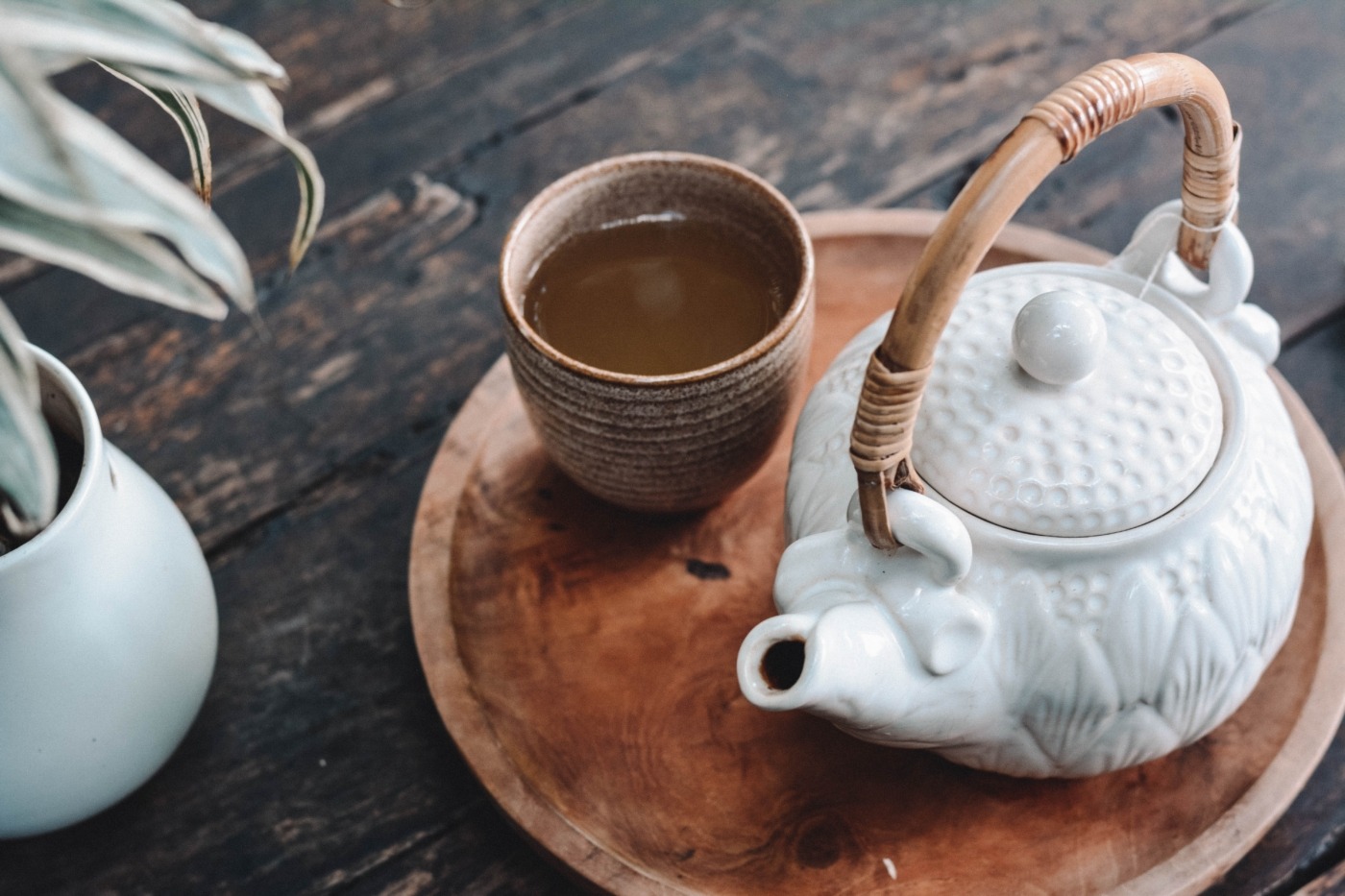The power of a tea break
The idea of the tea break emerged during the industrial revolution, where factory workers’ long, arduous days were broken up with a mid-morning (and if the factory owner was generous, a mid-afternoon) pause for tea and food. With work starting at 5 or 6 AM, hot sweet tea was served as a revitalising energy booster for exhausted employees.
Nowadays most of us aren’t toiling away in factories like characters in a Dickens novel but the tea breaks are still a staple of workplace culture. In addition to splitting up the workday, tea breaks also serve a social function; how many friendships have been forged in break rooms over stained and chipped coffee cups? With small talk becoming real connections over time, the tea break isn’t just an office phenomenon either – nocturnal library users will be familiar with the trip downstairs to the coffee machine, the moment of camaraderie with the other tired-eyed students looking for a late-night pick-me-up. Whatever the type of work you’re doing, it’s likely that a caffeine-related recess is associated with it.
The tea break also provides a chance to stretch your legs and un-hunch your back
Although it might seem counterproductive to take a break when you’re under pressure to meet a deadline or finish an assignment, it might help to make yourself a cup of tea and step away from your desk for a while. Contrary to eighteenth-century factory owners’ beliefs that they would make workers “slothful”, tea breaks have been found to increase productivity and encourage a positive attitude towards work, even reducing stress.
That last one might be less successful when you’re mainlining black coffee at midnight on your fourth “break” from an end-of-term essay in as many hours, but the first two still stand. As well as helping your mental health, the tea break also provides a chance to stretch your legs and un-hunch your back.
I can say with some certainty that most of us have terrible posture while working; taking a few minutes to straighten your spine from being hunched over a laptop for hours is always a good idea.
Difficulties separating work and personal lives have been widely reported on
Part of the appeal of tea breaks lies in their rituality. Everyone has a particular way that they like to make their tea or coffee (or if you’re being extravagant: hot chocolate), with little idiosyncrasies honed over time to develop the “perfect” drink. These rituals are comforting, with their repetitiveness reassuring us that this tiny part of our life, at least, is normal.
In the initial lockdown, many tried to replicate the tea break through scheduled Zoom meetings. Whether it’s the forced nature of video chats or the fact that you can’t gossip about your co-workers if you’re all on the same call, there’s something fundamentally missing from these attempts.
For a lot of people, working from home for the past twelve months has caused the tea break to be sadly abandoned. Difficulties separating work and personal lives have been widely reported on, with many feeling pressures to work harder and be more productive than they would in usual circumstances.
I’m not saying that the reason people are burning out so fast is that they’re not drinking enough tea
On the other side of this is the risk that with no enforced structures, a quick coffee break can easily become two hours of scrolling through Twitter reading some of the worst takes you’ve seen in your life. Finding a balance between these polarities is definitely a challenge, but it’s one that we should all be enthusiastically taking on. Forget Chloe Ting, the new lockdown trend should be taking a tea break.
Even pre-pandemic, the number of people taking tea breaks is reportedly down. This can be attributed, in part, to a continually growing pressure to work harder and be more “efficient”. I’m not saying that the reason people are burning out so fast is that they’re not drinking enough tea, but I don’t think it’s too much of a stretch to suggest that taking regular breaks from work is probably a good idea.
If it can benefit your mental and physical health, then why forgo it? I for one am looking forward to the coffee breaks I’ll be taking with friends next year. Despite my numerous working-from-home attempts to replicate the traditional coffee break, nothing beats being turned to after a long stint of essay research and hearing that much-anticipated suggestion: “Tea?”

Comments